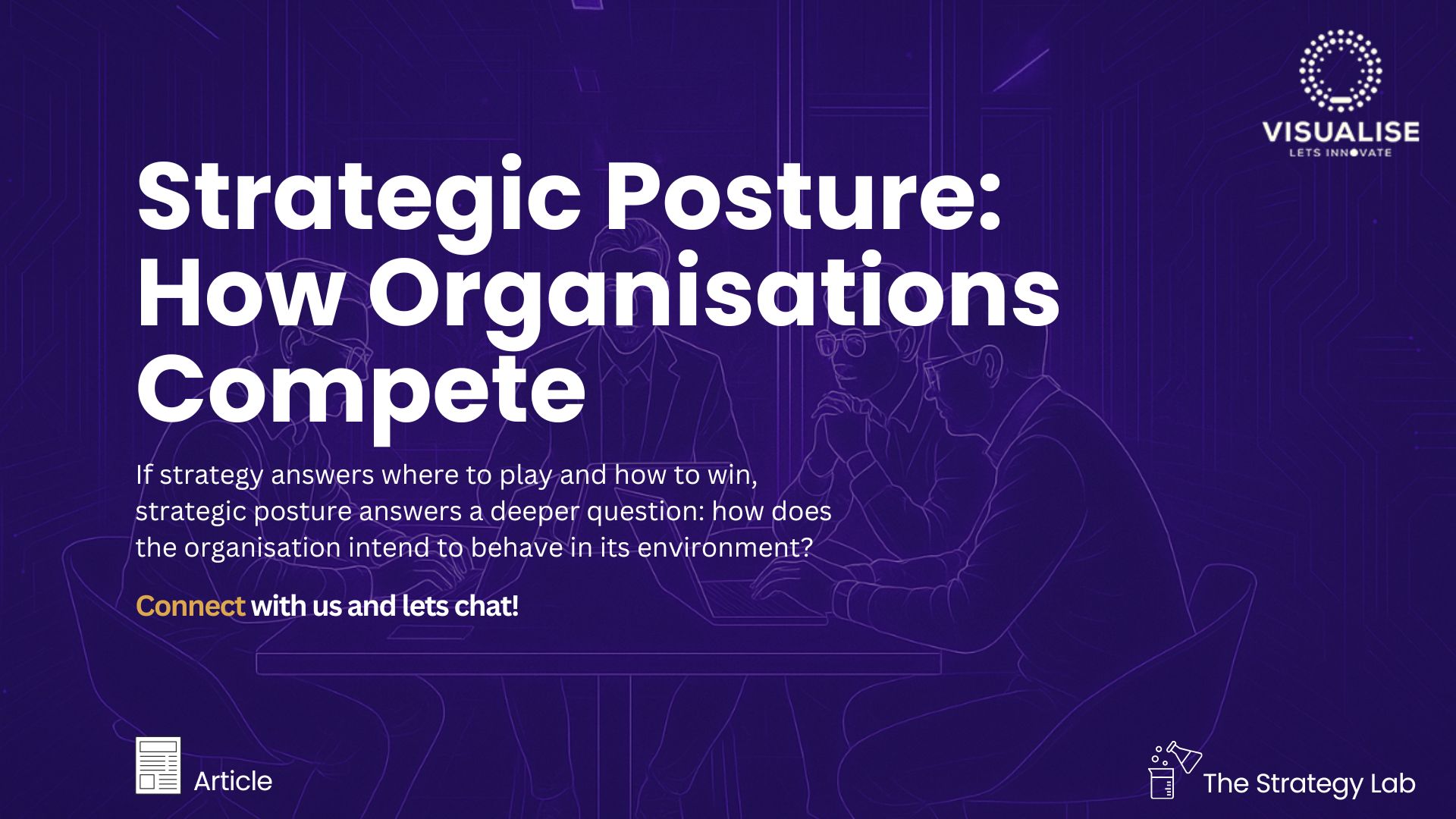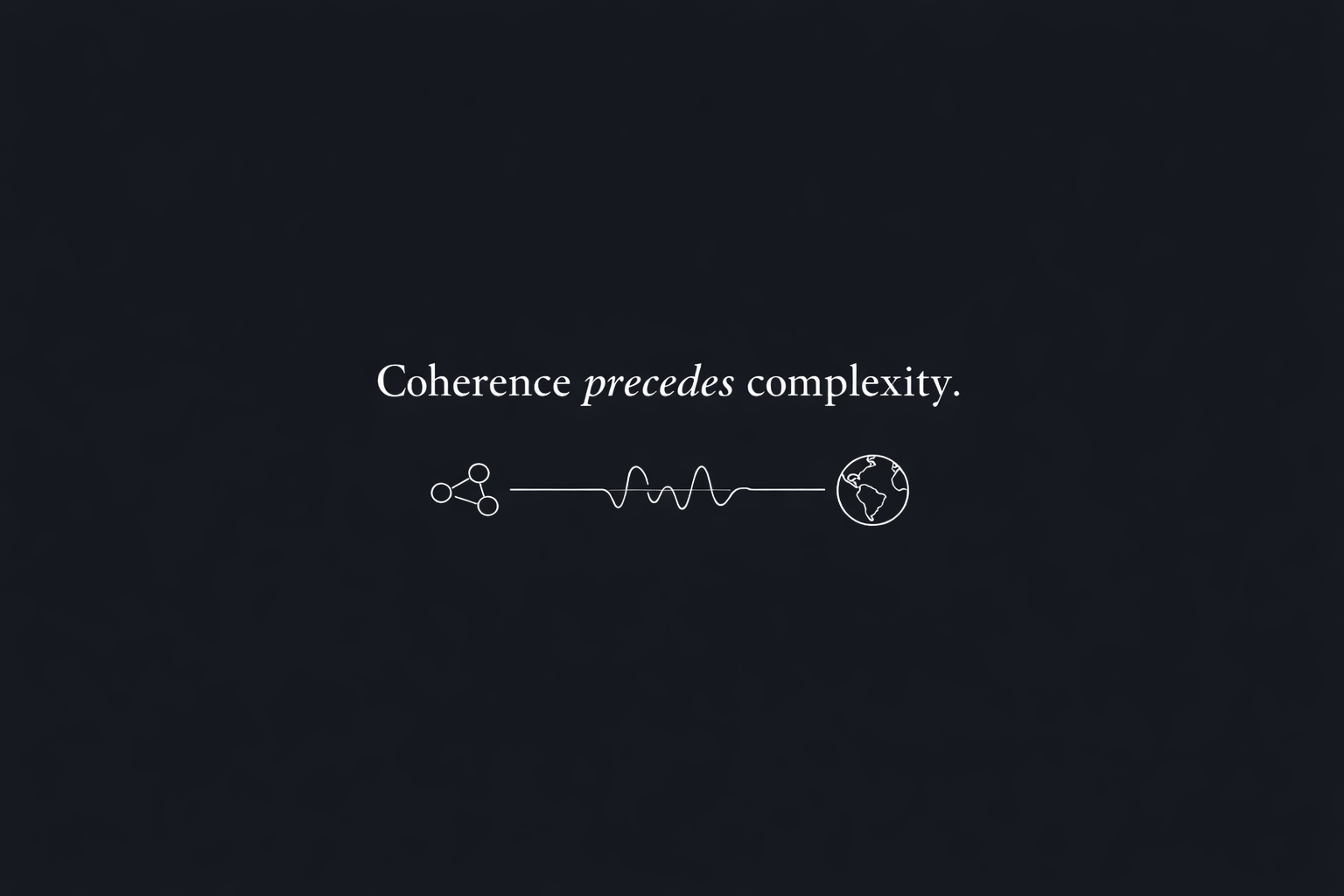Feb21

Before I offer my personal perspective on this admittedly provocative question, please permit me to share this oft-cited quote from Amazon’s founder and executive chairman, Jeff Bezos.
“I very frequently get the question: ‘What’s going to change in the next 10 years?’ And that is a very interesting question; it’s a very common one. I almost never get the question: ‘What’s NOT going to change in the next 10 years?’ And I submit to you that that second question is actually the more important of the two, because you can build a business strategy around the things that are stable in time. In our retail business, we know that customers want low prices, and I know that’s going to be true 10 years from now. They want fast delivery; they want vast selection. It’s impossible to imagine a future 10 years from now where a customer comes up and says, ‘Jeff I love Amazon; I just wish the prices were a little higher,’ or ‘I love Amazon; I just wish you’d deliver a little more slowly.’ Impossible. And so, the effort we put into those things, spinning those things up, we know the energy we put into it today will still be paying off dividends for our customers 10 years from now. When you have something that you know is true, even over the long term, you can afford to put a lot of energy into it.” — Jeff Bezos
So, back to the question at hand. Is AI’s role in complex B2B sales going to be vitally important or woefully inadequate?
My answer is an emphatic “Yes!”
AI will be both vitally important AND woefully inadequate for all the various jobs that will still need to be done ten years from now in a complex B2B buying/selling scenario. Please allow me to elaborate.
Rightfully so, Artificial Intelligence is on every sales executive’s mind today. Articles on how AI is going to “revolutionize selling” can be found everywhere now. But as researcher, scientist, and futurist, Roy Amara, observed, “We tend to overestimate the effect of a technology in the short run and underestimate the effect in the long run.” This will certainly be true with regards to AI’s impact on selling, and perhaps more importantly, buying.
A quarter century ago, the rise of the Internet radically transformed the way that both buying and selling were done. However, the net result of the Internet revolution was that buyers were ultimately more empowered by the Internet than most sales teams were. This resulted in an unquestioned shift in the balance of power from sellers to buyers.
Likewise, AI will also profoundly transform those buyer/seller interactions over the next decade. Is it possible that AI will produce an even greater shift in that balance of power from sellers to buyers? At this juncture, it’s impossible to say for certain.
However, it is reasonable to assume that over the next decade virtually all B2B sales organizations will have figured out how to effectively integrate AI into their operations, if for no other reason than to remain competitive with every other B2B sales organization.
So, the most important question for CEOs and CROs in an AI-enabled future will remain the same as it is today. How does an organization add more value for all the various buying interests in a complex enterprise organization than its competition?
AI will invariably drive massive changes in buying and selling over the next decade. However, as the earlier Jeff Bezos quote suggests, the more important question for senior executive is not what is going to change; it is “what’s not going to change?”
What won’t change over time is an organization’s need for greater insights on how to:
AI will ultimately be able to add some degree of value to those requirements. However, the kind of wicked and super wicked scenarios that surround new technology purchases and rollouts demand many uniquely human characteristics like empathy, imagination, emotional intelligence, ecosystem coordination, and wisdom.
Perhaps the most interesting of those traits in relation to AI’s limitations is wisdom, which requires a high degree of experience, synthesis, and an ability to “connect the dots.”
The late, great Charlie Munger (Warren Buffet’s long-time mentor and business partner) advocated for the criticality of something he referred to as elementary, worldly wisdom. He described it this way.
“What is elementary, worldly wisdom? Well, the first rule is that you can’t really know anything if you just remember isolated facts and try and bang ’em back. If the facts don’t hang together on a latticework of theory, you don’t have them in a usable form. You’ve got to have models in your head. And you’ve got to array your experience — both vicarious and direct — on this latticework of models. You must know the big ideas in the big disciplines, and use them routinely — all of them, not just a few. Most people are trained in one model — economics, for example — and try to solve all problems in one way. You know the old saying: to the man with a hammer, the world looks like a nail. This is a dumb way of handling problems.” — Charlie Munger
In complex B2B sales situations with high-level executives, we see far too many smart, well-intentioned sellers struggle to connect with and fully relate to those executives because they tend to think too much like that proverbial man with a hammer.
So, why are so many hard-working sales teams, especially in the enterprise technology space, struggling to attain that holy grail of executive relevance that virtually very CRO is looking for from their sellers?
In our opinion, gleaned from over two decades of experience with thousands of Fortune 500 B2B sales teams, the vast majority of sellers simply don’t possess a sufficient number of multi-disciplinary mental models to pull from. They also struggle to assemble their limited or less effective models into an actionable, interrelated latticework that might otherwise improve their chances of being relevant to a high-level executive.
To attain greater executive relevance, sales teams will need to possess a broader sense of business insights that arise from these kinds of multi-disciplinary models and latticeworks. They are the foundation of the kind of worldly wisdom that senior execs are looking for from someone they might consider a trusted advisor.
We refer to this ability of sellers to bring valuable business insights to a high-level executive as Applied Wisdom (AW). In a world where AI is already becoming pervasive, we believe that AW will be a much greater and more-dificult-to-replicate differentiator than AI.
For that reason, we believe the key catalytic question that will get CEOs and CROs closer to realizing that opportunity is how to go about the process of creating greater AW in their sales team…and do it at scale.
This is the first in an ongoing series of posts where we will explore what it will take to develop AW-empowered sales teams at scale. Please join us in that journey.
Keywords: AI, Business Strategy, Sales
 HR Is Designed to Maintain. Succession Planning Demands It Transform.
HR Is Designed to Maintain. Succession Planning Demands It Transform. AI and Embedded Connectivity: A New Era of Smart Devices
AI and Embedded Connectivity: A New Era of Smart Devices Strategic Posture: How Organisations Compete
Strategic Posture: How Organisations Compete Coherence Before Complexity
Coherence Before Complexity The Corix Partners Friday Reading List - February 20, 2026
The Corix Partners Friday Reading List - February 20, 2026